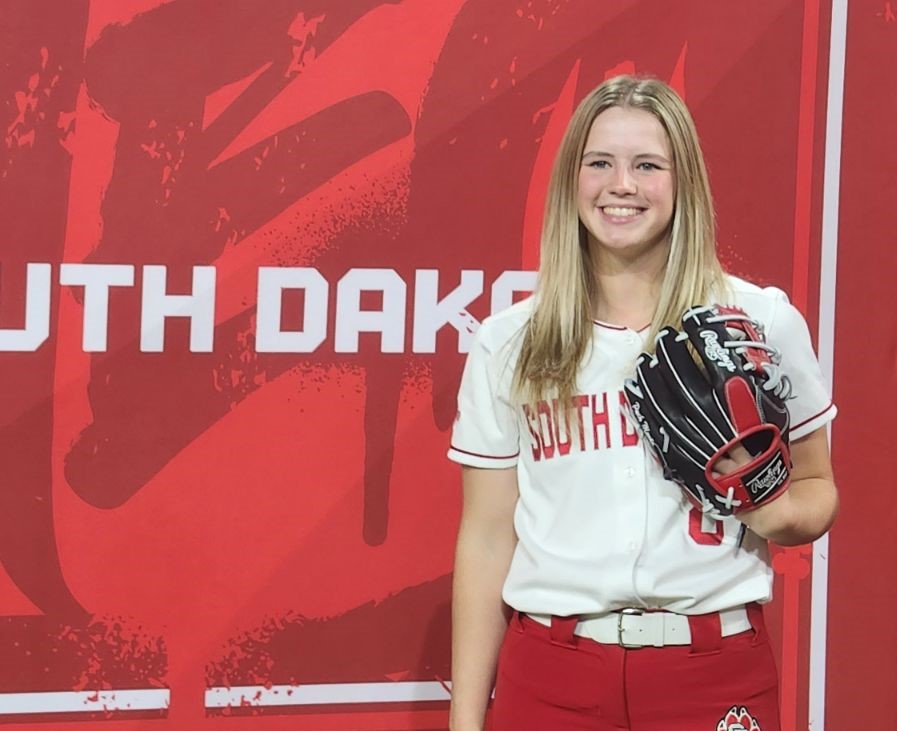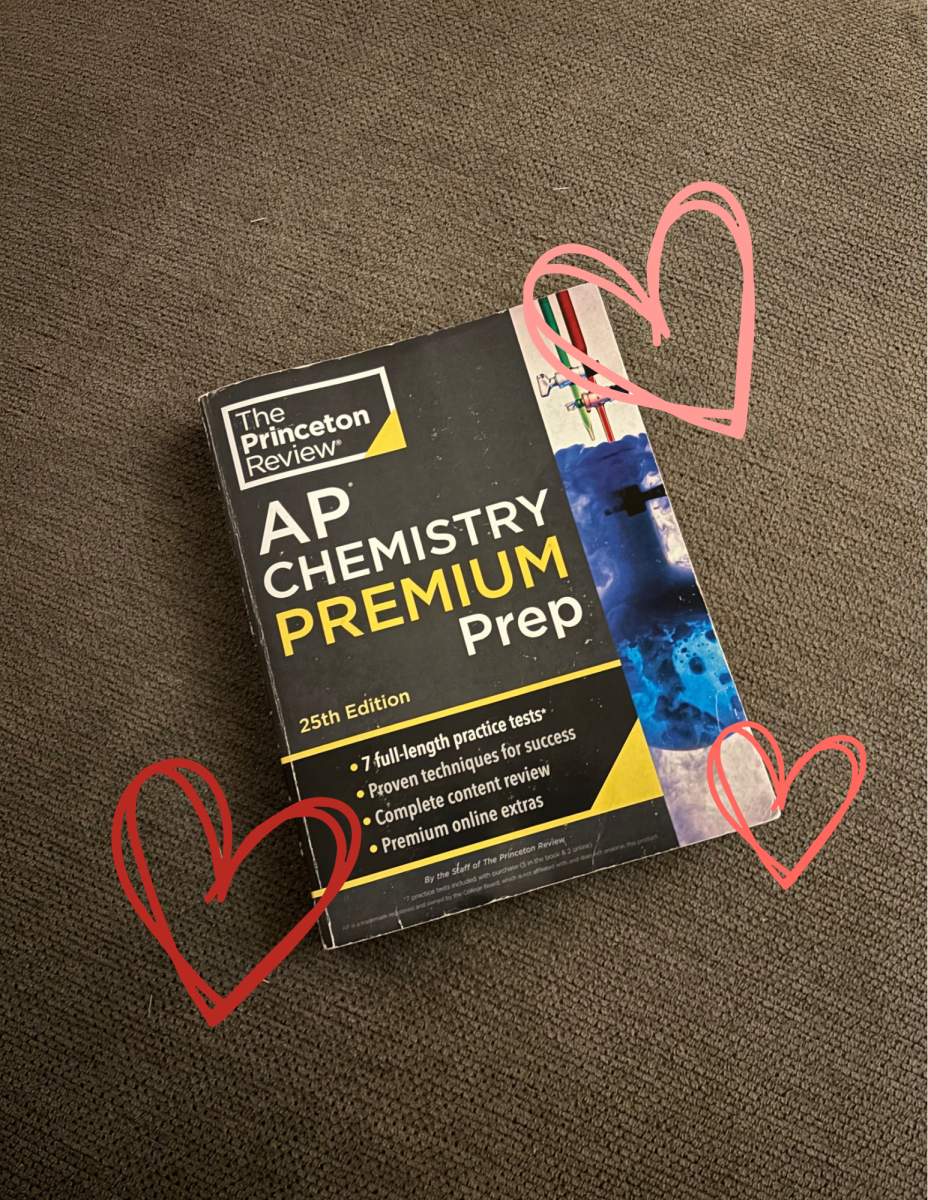Up until Aug. 1, 2017, there were no restrictions regarding college softball recruiting. College coaches were able to contact and commit athletes regardless of their age, some schools committed athletes as young as sixth graders. However, that is not the case today. There is an abundance of rules restricting college coaches from contacting young athletes.
There are no recruiting rules that apply to NAIA or Division III colleges and universities. But Division I and Division II institutions are limited when it comes to contacting athletes and allowing them to visit campus. Division II schools cannot contact athletes until June 15 the summer prior to their junior year of high school. Division I schools are not able to contact athletes until Sept. 1 of their junior year of high school. When these dates hit, coaches are able to contact athletes and host them on campus. This gives Division II schools a slight advantage when it comes to the recruiting calendar.
It is a common misconception among the softball community that if you are good at softball, the college coaches will come to you. While that is the case for a few players, most of the time, you are going to have to reach out to the coaches yourself. In order to get recruited by your schools of interest, you have to perform on the field, but there are many tasks you have to do off the field as well. Trying to gain attention from college coaches can be a very frustrating process, because they cannot respond to you until June 15 or Sept. 1, depending on the school you are contacting.
I started my recruiting process the summer before my sophomore year of high school. There are two very important ways you can show coaches that you are interested in their program. The first is to send them large amounts of emails; the second is to attend that school’s prospect camps. Sending emails is arguably the most important aspect of recruiting, but it is also the most time-consuming thing you are going to have to do. When I started sending emails to coaches, I first wrote a basic email introducing myself: informing the coaches of my age, positions, the team I am on, my educational interests and my tournament schedule for the summer. I sent this email to any school I had interest in at the time. After that, before every tournament I played, I reached back out to the coaches to send them my game schedule for the upcoming weekend. In addition to all of those emails, if there was a college scout at our games, I made sure to reach out after the weekend and thank them for coming to watch my team play. The abundance of emails may seem like a waste of time, but consistently contacting these coaches ensures that you stay on their radar.
The next way I showed my interest in programs was to attend that university’s prospect camps. Every program usually has a few prospect camps a year: one in the fall and one in the summer. Some teams even host camps in the winter. Making an effort to attend one of these camps is a great way to show schools that you are interested in their program.
I committed to the USD to play softball in September of last year. I woke up the morning of Sept. 1 with a few text messages from coaches who were finally able to contact me. These messages basically said that they were interested in me as a player, and that they would love to host me on campus and show me what life is like at their school. These campus visits consist of getting a tour of the school, getting to meet some of the current players on the team, taking pictures in uniform and attending a team practice. Two days after my visit to Vermillion, I made the decision to commit to their program. I had been working for this moment for the past three years; it was my biggest accomplishment.
For the next few months after my commitment, I found myself struggling to find motivation to practice, to play games and just to get better as a player in general. I felt that I had already accomplished my dream of committing as a college softball player and I could not help but think that I had nothing else to work for and no other reason to get better. What are you supposed to do after you accomplish your dream? Now what? On top of the unmotivated mindset I had, I also felt a ton of extra pressure to be great. This pressure came mostly from myself. I kept telling myself that I had to be perfect. I was committed to a Division I softball program, and I needed to play like it. Committing to a college also ensures that more people are going to be watching you and expecting you to be great. All of these factors built up and often had me questioning if I really was good enough or if I really deserved this opportunity.
It was at this moment where I told myself I needed to be mentally strong, or I would never escape this mindset. I reassured myself that I had worked my whole life for this opportunity. I was given this chance for a reason and nobody’s opinion of me, no amount of pressure, was going to change that. This period of doubt soon turned into new self-confidence. My mindset quickly changed from “I need to be good because I am committed,” to “I am committed because I am good.” I came to learn that overcoming this period of self-doubt helped me grow as a player just as much as the countless hours of practice I had put into this sport.
While I had to go through a long and tedious recruiting process, it all became worth it in the end. One important lesson I came to learn through this process was that one pitch, one at-bat, one game or even one tournament does not define you as a player. One of the biggest qualities that coaches look for in a player is not how many times you get a hit, but how you pick yourself up after you fail.








